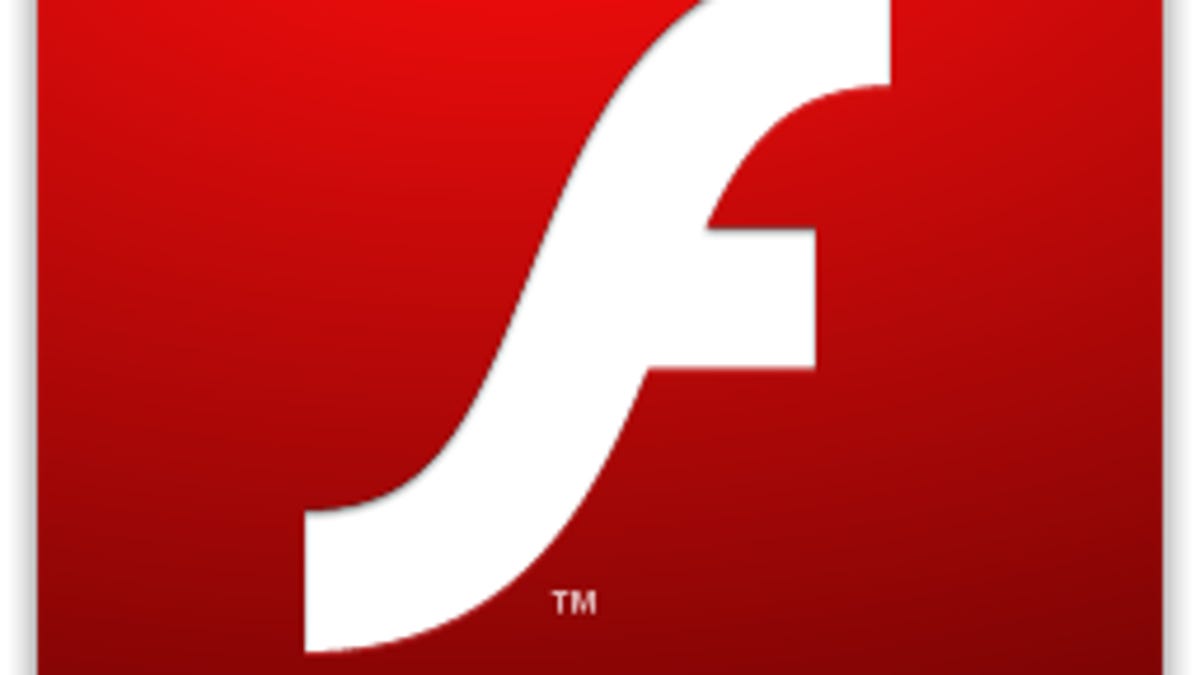Adobe axes Flash for TVs too
Company's decision to abandon the mobile version of the Flash player applies to consumer devices such as TVs.

Adobe Systems' announcement today that it would abandon its work on the mobile version of its Flash Player also applies to consumer devices such as TVs.
Adobe will no longer focus on porting the Flash plug-in into Web browsers on consumer electronics devices and instead encouraged developers to build native apps for those devices, the company confirmed in a statement today to GigaOm.
"Adobe will continue to support existing licensees who are planning on supporting Flash Player for web browsing on digital home devices and are using the Flash Player Porting Kit to do so," Adobe said. "However we believe the right approach to deliver content on televisions is through applications, not a web browsing experience, and we will continue to encourage the device and content publishing community down that path."
Adobe's efforts to get Flash on mobile and non-PC devices were part of a program called the Open Screen Project, an industry alliance initiated in 2008 by Adobe that included prominent device manufacturers, content developers, and telecommunications carriers.
Companies such as Nokia, Sony Ericsson, Qualcomm, Samsung, Motorola, NTT Docomo, Toshiba, Verizon Wireless, and Intel signed on. But there were notable names that didn't participate, such as Microsoft and Sun Microsystems.
The company's goal was to establish Flash as the common runtime software on a variety of devices and to rapidly gain market share.
But its exposure has been limited to Sony and Logitech devices running Google TV, which hasn't made much of a splash since all of the major broadcast networks began blocking the platform from accessing their online content last year.

